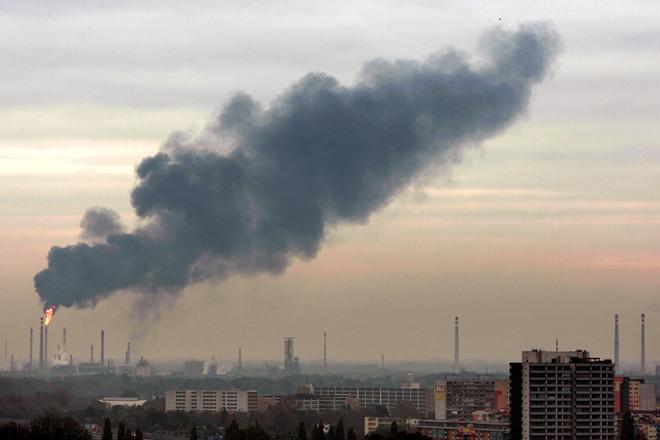The Covid-19 pandemic paralysed economies all around the world, consequentially reducing emissions by 6.4 percent.
A reduction in air travel, closed factories and the hard lockdown reduced emissions only temporarily, the Slovak Association of Photovoltaic Industry (SAPI) warned.

“From a long-term standpoint, it is impossible to speak of a significant lowering of emissions especially when many experts were expecting a more pronounced decrease," SAPI opined, as quoted by the SITA newswire.
"The way in which we reached lower emissions throughout the lockdown on a global level is unsustainable. That is why we must develop new ways of lowering emissions, among which renewable sources of energy should be key instruments," it added.
Fossil fuels worst offenders
Emissions are a long-term problem, becoming more acute by the year. About 4.2 million people die annually as a result of pollution. SAPI states that units of energy produced in terawatts correlate to mortality figures.
“Casualty rates caused by singular sources of energy correlate with emission rates come from said sources of energy," said SAPI Renewable Energy Sources policy coordinator Lucia Palmanová, as quoted by SITA.

Fossil fuels, especially coal and oil, are by far the worst when it comes to the impact on human health, she added. "The third-worst is biomass, though here it is important to state that its negative influence can be significantly oscillated by choosing the right type of biomass and the method of energy production,” she noted.
Renewable sources of energy from the sun, wind, water and geothermal energy, and when accounting for emissions even nuclear energy, are the most complementary to human health, according to her.



 Illustrative stock photo (source: Archive of Sme)
Illustrative stock photo (source: Archive of Sme)